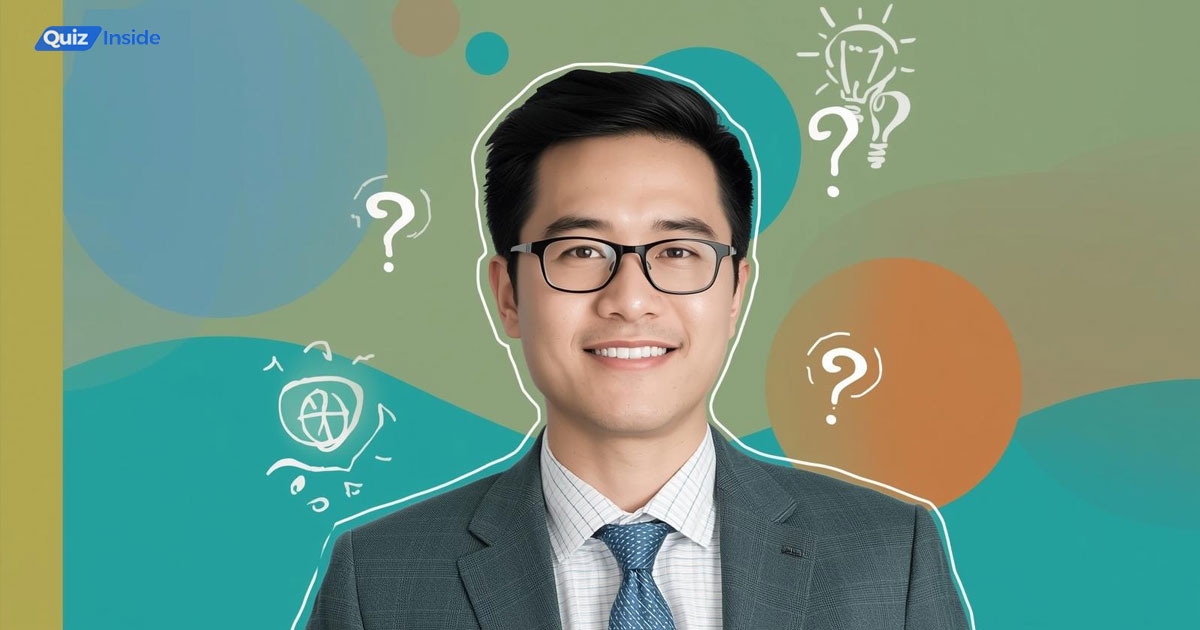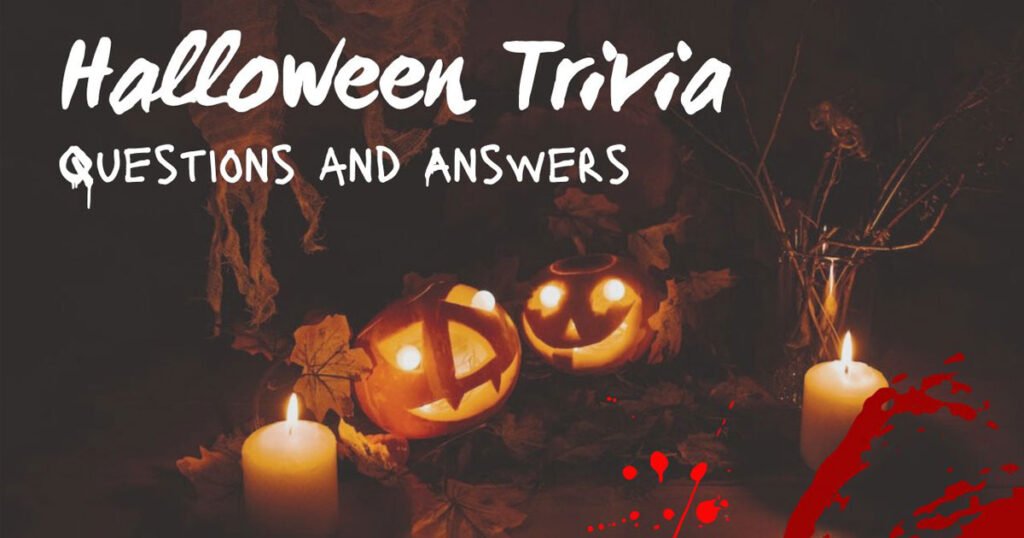Lawyer trivia questions are a fun way to explore the legal profession, its history, famous attorneys, and surprising courtroom facts that reveal the lighter side of law.
Introduction
Lawyers have always fascinated people. They stand at the center of justice, defend the innocent, prosecute the guilty, and shape history through their words and arguments. Beyond the seriousness of their work, lawyers are surrounded by incredible stories, traditions, and facts that make great trivia material.
In this post, we’ll explore a wide variety of lawyer trivia questions, from legal history and courtroom drama to quirky facts and pop culture references. Whether you’re preparing for a trivia night, teaching law students, or just curious about the legal profession, these questions will keep you engaged while boosting your knowledge.
101 Best Lawyer Trivia Questions

History of Law
This section explores the origins of legal systems and how laws shaped civilizations throughout history.
Q: Which ancient civilization created the Code of Hammurabi?
A: Babylon.
Q: Who is considered the father of Roman law?
A: Justinian I.
Q: Which English document of 1215 limited the power of the king?
A: The Magna Carta.
Q: In ancient Greece, who often served as lawyers?
A: Orators.
Q: Which empire developed civil law that influenced Europe?
A: The Roman Empire.
Q: Who is known as the “Father of International Law”?
A: Hugo Grotius.
Q: What legal system is based on precedent and case law?
A: Common Law.
Q: What was the role of scribes in ancient Egypt’s legal system?
A: Recording laws and court decisions.
Q: Which U.S. founding father was also a lawyer and drafted the Declaration of Independence?
A: Thomas Jefferson.
Q: Which country’s legal system is called “Sharia law”?
A: Islamic nations.
Famous Lawyers
Meet some of history’s most influential and well-known lawyers who left their mark on society.
Q: Which U.S. president was famously a lawyer before entering politics?
A: Abraham Lincoln.
Q: Who was the lawyer that defended O.J. Simpson in the famous 1995 trial?
A: Johnnie Cochran.
Q: Who was the first female lawyer in the United States?
A: Arabella Mansfield.
Q: Who was India’s most famous lawyer and leader of independence?
A: Mahatma Gandhi.
Q: Which famous lawyer became the first female Supreme Court Justice in the U.S.?
A: Sandra Day O’Connor.
Q: Who is known as the “Iron Lady Lawyer” of the Philippines?
A: Miriam Defensor Santiago.
Q: Who was Nelson Mandela before becoming South Africa’s president?
A: A lawyer and activist.
Q: Which lawyer later became the British Prime Minister and fought Nazi Germany?
A: Winston Churchill (trained in law).
Q: Which African-American lawyer became the first Supreme Court Justice in the U.S.?
A: Thurgood Marshall.
Q: Which lawyer argued the famous “Scopes Monkey Trial” in 1925?
A: Clarence Darrow.
Legal Terms
This category tests your knowledge of important legal words and their meanings.
Q: What does “habeas corpus” mean?
A: Produce the body (protection against unlawful detention).
Q: What is the Latin term for “friend of the court”?
A: Amicus curiae.
Q: What does “pro bono” mean in legal practice?
A: Free legal work.
Q: What does “plaintiff” mean?
A: The person who brings a lawsuit.
Q: What does “subpoena” mean?
A: A legal order to appear in court.
Q: What is the meaning of “jurisdiction”?
A: Authority of a court to hear a case.
Q: What does “statute of limitations” refer to?
A: Time limit to file a legal action.
Q: What does “alibi” mean in legal defense?
A: Proof of being elsewhere during a crime.
Q: What is “precedent” in common law?
A: Previous ruling guiding future cases.
Q: What does “testimony” mean in court?
A: A witness’s statement under oath.
Courts and Trials
Learn about the process of trials, types of courts, and how justice is carried out.
Q: What is the highest court in the United States?
A: The Supreme Court.
Q: What type of jury decides guilt or innocence in criminal cases?
A: Trial jury (petit jury).
Q: What is a “hung jury”?
A: A jury that cannot reach a unanimous verdict.
Q: What is the purpose of a grand jury?
A: To decide if charges should be filed.
Q: What is the judge’s main role in a trial?
A: To ensure fairness and apply the law.
Q: What does “cross-examination” mean?
A: Questioning a witness by the opposing side.
Q: What type of trial has no jury, only a judge?
A: Bench trial.
Q: Who represents the government in a criminal case?
A: The prosecutor.
Q: What is “voir dire” in jury selection?
A: Questioning potential jurors.
Q: What is the first step in most trials?
A: Opening statements.
Criminal Law
This category covers crimes, punishments, and the legal procedures in criminal cases.
Q: What is the legal term for stealing?
A: Theft or larceny.
Q: What is the difference between murder and manslaughter?
A: Intent; murder is intentional, manslaughter is not.
Q: What does “bail” mean?
A: Money paid for temporary release before trial.
Q: What does “probation” mean?
A: A criminal sentence served under supervision instead of jail.
Q: What is the term for lying under oath?
A: Perjury.
Q: What does “double jeopardy” mean?
A: Being tried twice for the same crime (not allowed).
Q: What is “white-collar crime”?
A: Financial crimes such as fraud or embezzlement.
Q: What does “felony” mean?
A: A serious crime punishable by more than one year in prison.
Q: What is the term for intentionally setting fire to property?
A: Arson.
Q: What does “plea bargain” mean?
A: Agreement to plead guilty for a lighter sentence.
Civil Law
Civil law deals with disputes between individuals and organizations.
Q: What type of law covers divorce and custody disputes?
A: Family law.
Q: What is the term for money awarded in civil lawsuits?
A: Damages.
Q: What kind of law protects inventions and patents?
A: Intellectual property law.
Q: What is the difference between civil and criminal law?
A: Civil law resolves disputes, criminal law punishes crimes.
Q: What does “negligence” mean?
A: Failure to exercise reasonable care.
Q: What is a legal contract?
A: A binding agreement between two or more parties.
Q: What does “tort law” deal with?
A: Civil wrongs causing harm.
Q: What is the legal term for breaking a contract?
A: Breach of contract.
Q: What is the purpose of small claims court?
A: To resolve minor disputes quickly.
Q: What type of law covers landlord-tenant issues?
A: Property law.
Constitutional Law
This section focuses on the laws that define government structure and citizens’ rights.
Q: What is the supreme law of the United States?
A: The Constitution.
Q: Which amendment guarantees freedom of speech?
A: The First Amendment.
Q: Which amendment abolished slavery?
A: The 13th Amendment.
Q: What does “due process” mean?
A: Fair treatment under the law.
Q: Which amendment gave women the right to vote in the U.S.?
A: The 19th Amendment.
Q: What does the 5th Amendment protect against?
A: Self-incrimination.
Q: What is the principle of “separation of powers”?
A: Division of government into three branches.
Q: What Supreme Court case ended racial segregation in schools?
A: Brown v. Board of Education.
Q: What is judicial review?
A: Courts’ power to declare laws unconstitutional.
Q: What does the Bill of Rights refer to?
A: The first 10 amendments to the U.S. Constitution.
Lawyers in Pop Culture
From TV shows to movies, lawyers have been portrayed in countless ways in entertainment.
Q: Which TV show featured lawyer Harvey Specter?
A: Suits.
Q: Who played lawyer Elle Woods in Legally Blonde?
A: Reese Witherspoon.
Q: Which film features a lawyer played by Tom Cruise in A Few Good Men?
A: Lt. Daniel Kaffee.
Q: What legal drama starred Julianna Margulies as Alicia Florrick?
A: The Good Wife.
Q: Who said “You can’t handle the truth!” in a courtroom scene?
A: Jack Nicholson in A Few Good Men.
Q: What is the name of the lawyer character in To Kill a Mockingbird?
A: Atticus Finch.
Q: Which TV show follows law students at Harvard?
A: How to Get Away with Murder.
Q: Which actor played a lawyer in Philadelphia?
A: Denzel Washington.
Q: What movie featured Jim Carrey as a lawyer who couldn’t lie?
A: Liar Liar.
Q: Which legal drama centers on lawyers in Los Angeles?
A: Boston Legal.
Fun Facts About Lawyers
Here are some surprising and fun facts about lawyers and the legal profession.
Q: What is the average length of law school in the U.S.?
A: Three years.
Q: Which exam must U.S. lawyers pass to practice?
A: The Bar Exam.
Q: What is the official title of a lawyer in the UK?
A: Solicitor or Barrister.
Q: What is the symbol of law featuring scales and a blindfolded woman?
A: Lady Justice.
Q: What percentage of U.S. presidents were lawyers?
A: More than 50%.
Q: What’s the Latin word for “law”?
A: Lex.
Q: Which country has the largest number of lawyers?
A: The United States.
Q: What is the traditional color of legal robes in court?
A: Black.
Q: What is a lawyer’s office commonly called?
A: A law firm.
Q: Which famous fictional lawyer defends a wrongly accused black man?
A: Atticus Finch.
International Law & Lawyers
This section explores law and legal systems around the world.
Q: What is the highest court in the United Nations?
A: The International Court of Justice.
Q: What is the main law system used in France?
A: Civil law (Napoleonic Code).
Q: What is the primary legal system in Saudi Arabia?
A: Sharia law.
Q: What does ICC stand for in international law?
A: International Criminal Court.
Q: Which international trial prosecuted Nazi leaders after WWII?
A: The Nuremberg Trials.
Q: What is the European Union’s highest court?
A: The European Court of Justice.
Q: Which city is home to The Hague Tribunal?
A: The Hague, Netherlands.
Q: What is extradition?
A: Transferring a criminal to another country for trial.
Q: What is diplomatic immunity?
A: Protection of diplomats from prosecution.
Q: What is the legal term for cross-border trade laws?
A: International trade law.
Q: Which treaty established the International Criminal Court?
A: The Rome Statute.
Why Lawyer Trivia Is Fun and Useful
Lawyer trivia goes beyond entertainment. It helps people:
-
Appreciate history – Famous lawyers often shaped society’s future.
-
Understand the profession – Trivia highlights the challenges and achievements of attorneys.
-
Discover quirks – Many strange traditions and unusual facts make the profession memorable.
-
Engage socially – Trivia is perfect for quizzes, parties, and even classroom learning.
For example, did you know that Abraham Lincoln was a self-taught lawyer before becoming President? Or that Mahatma Gandhi practiced law in South Africa before leading India’s independence movement?
FAQs About Lawyer Trivia Questions
1. Who was the most famous lawyer in history?
Abraham Lincoln and Thurgood Marshall are often considered among the most famous lawyers.
2. Are there still unusual lawyer oaths today?
Yes, in Kentucky, lawyers swear they have never fought a duel.
3. How do lawyers differ across countries?
Titles and duties differ. For example, barristers and solicitors in the UK, avocats in France, and attorneys in the U.S.
4. Why do judges and lawyers wear wigs in some places?
It is a tradition inherited from England, symbolizing authority and impartiality.
5. Who are some modern famous lawyers?
Gloria Allred, Amal Clooney, and Alan Dershowitz are well-known today.
6. Can a lawyer refuse a case?
Yes, lawyers may decline cases due to conflicts of interest or ethical concerns.
7. What is the hardest type of law to practice?
Many consider criminal law and corporate law among the most demanding.
8. How long does it take to become a lawyer?
In most countries, it takes 6–7 years of higher education and exams.
Conclusion
Lawyers have shaped history, defended rights, and inspired culture. While their profession is serious, the stories, traditions, and fun facts behind their work make for exciting trivia. From Abraham Lincoln’s self-taught practice to quirky courtroom customs, lawyer trivia shows that the legal world is as fascinating as it is important.
The next time you’re at a trivia night, studying law, or just curious, these questions will give you the edge. After all, learning about lawyers doesn’t have to be all business—it can also be entertaining and enlightening.



